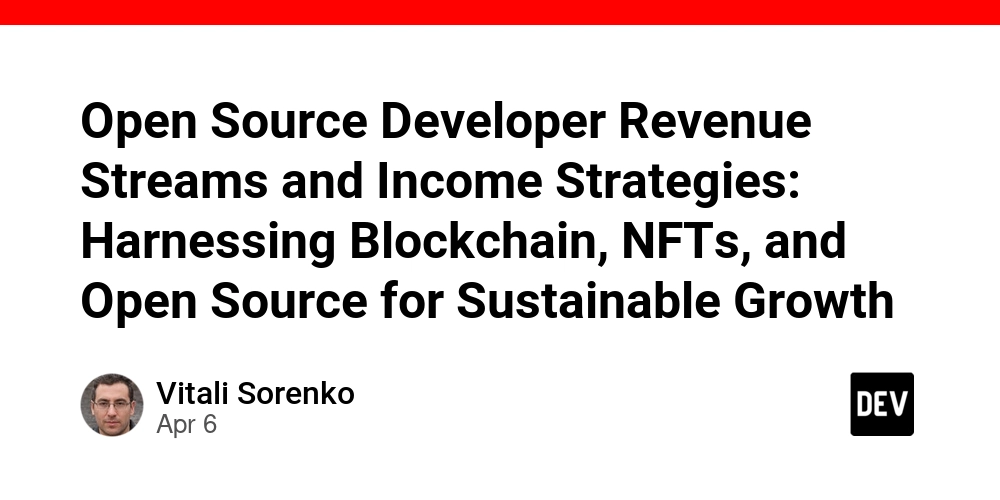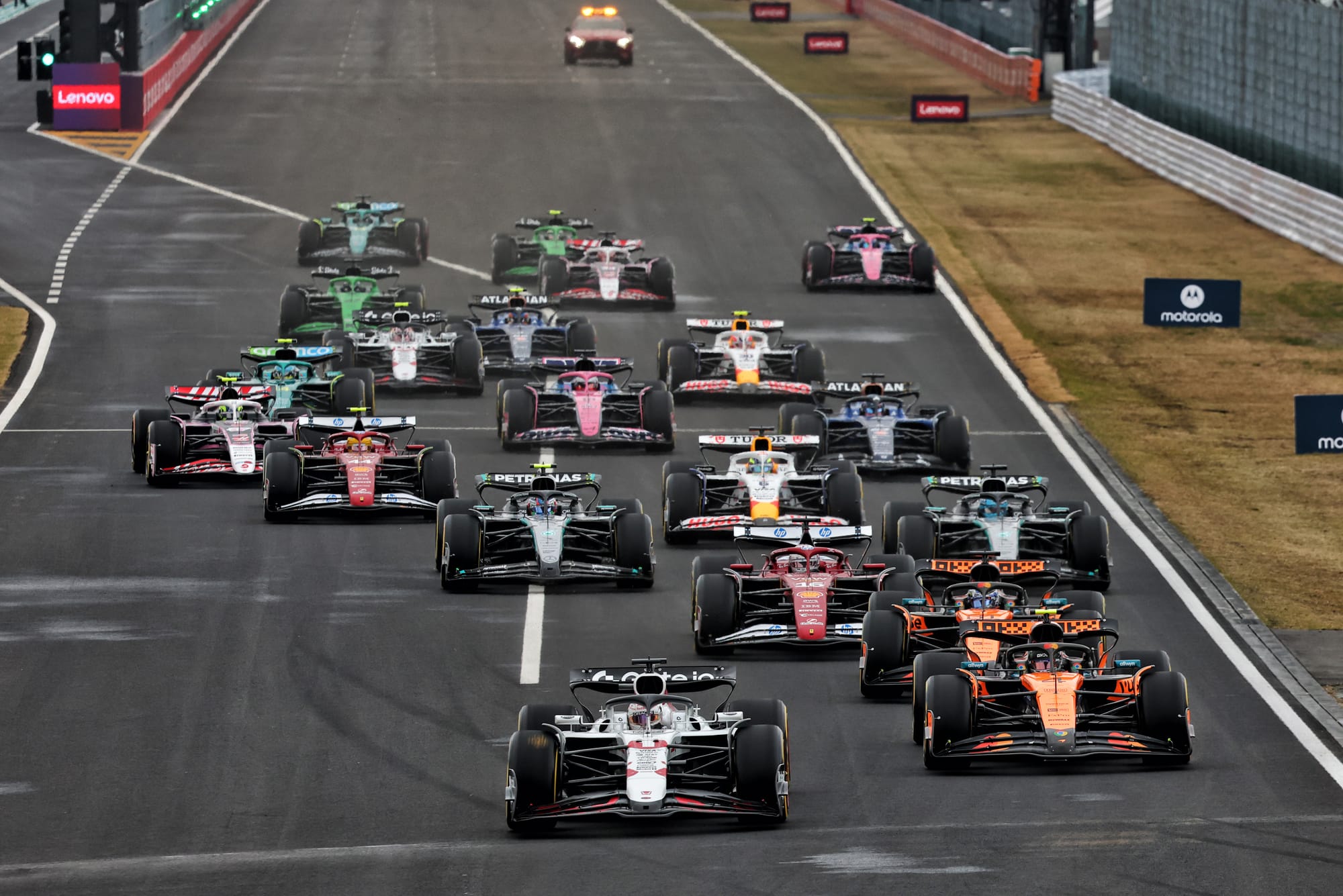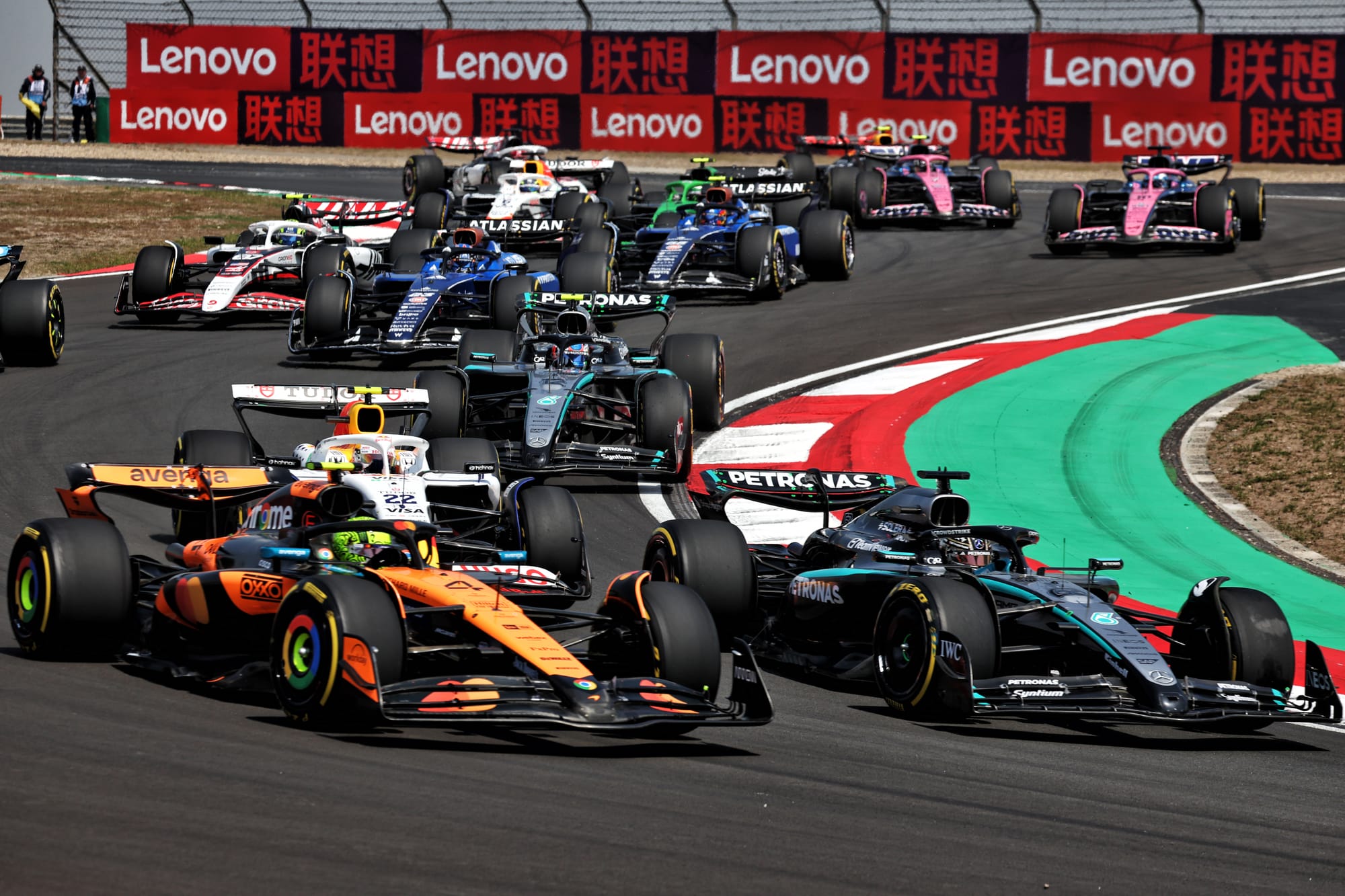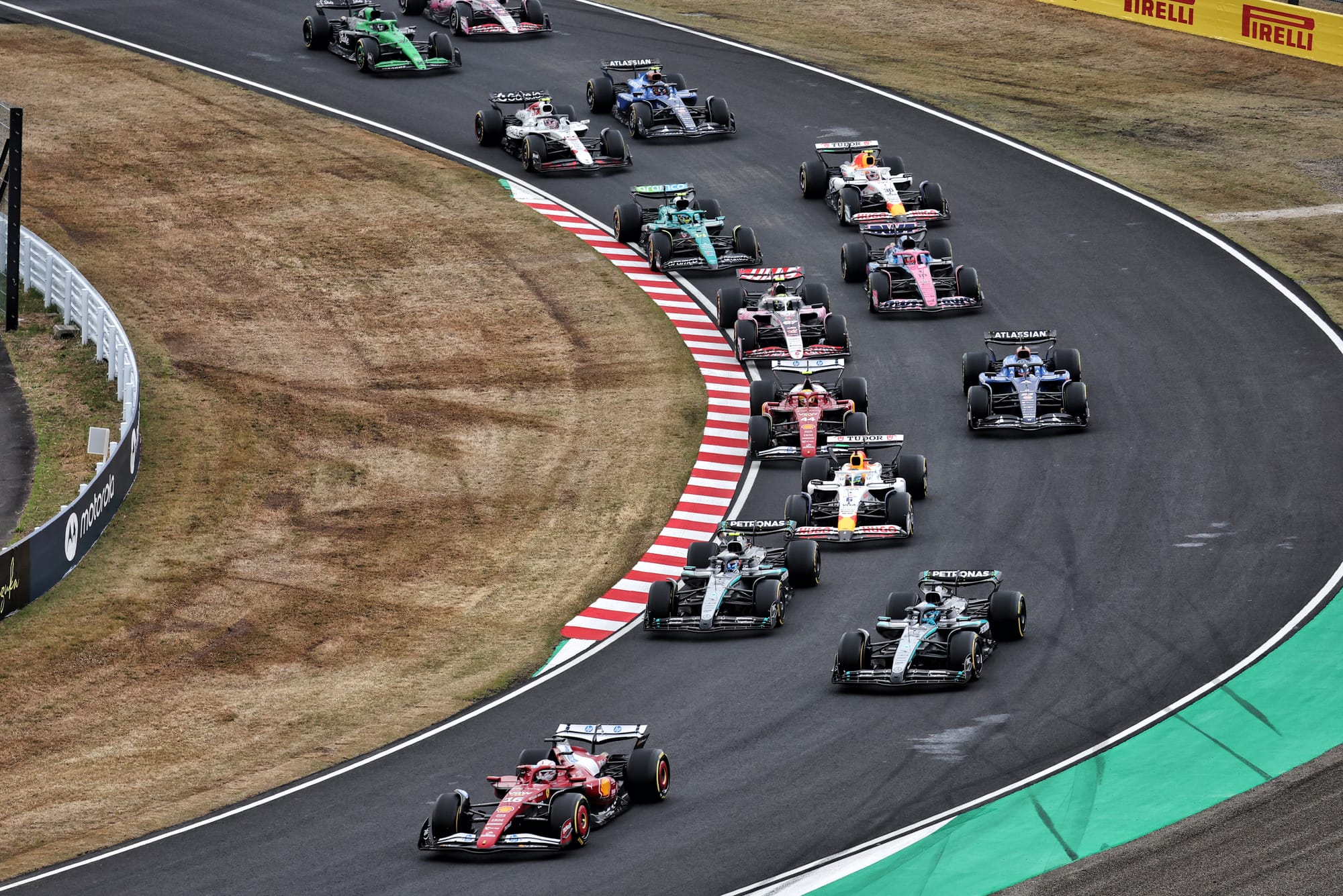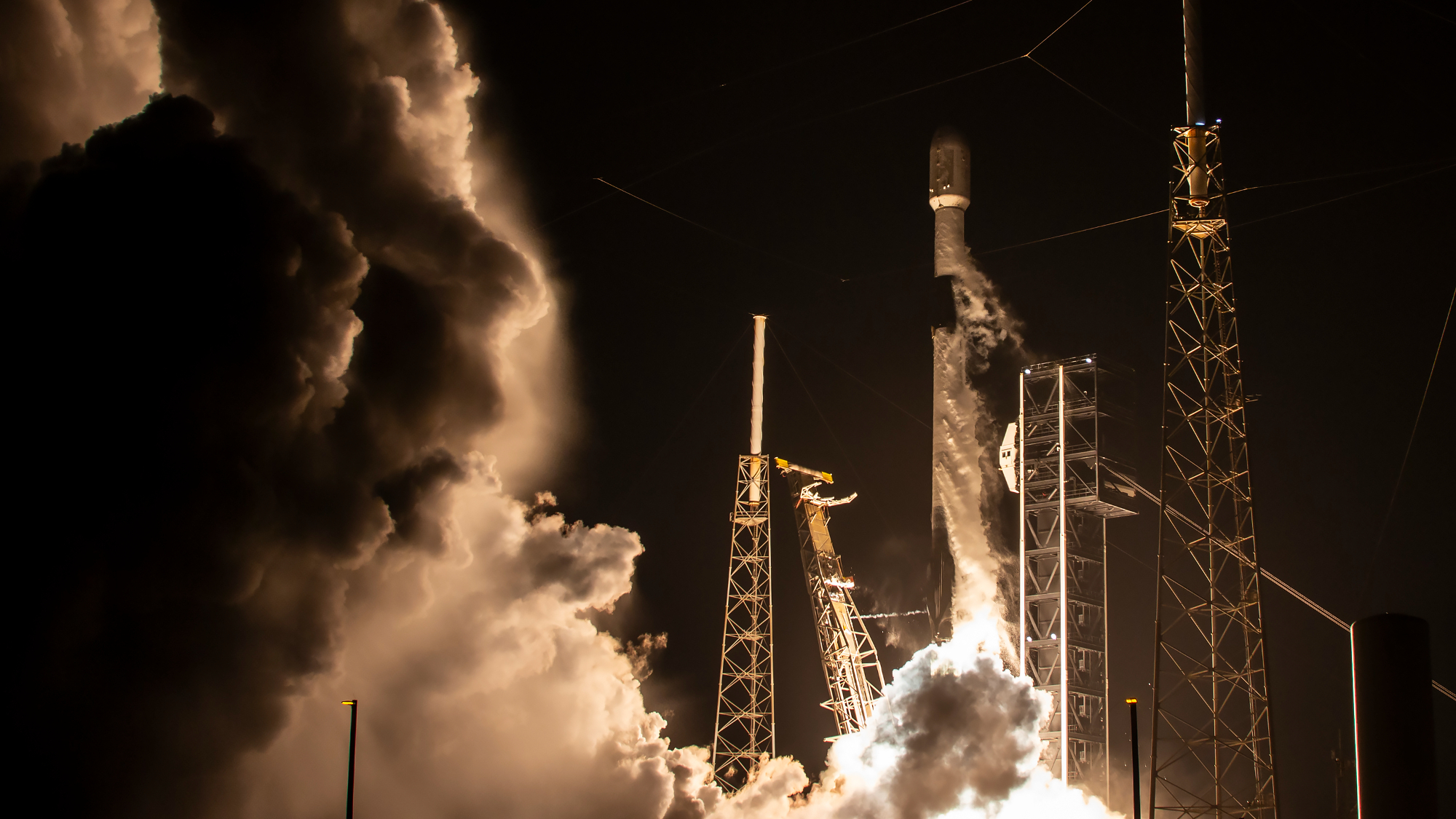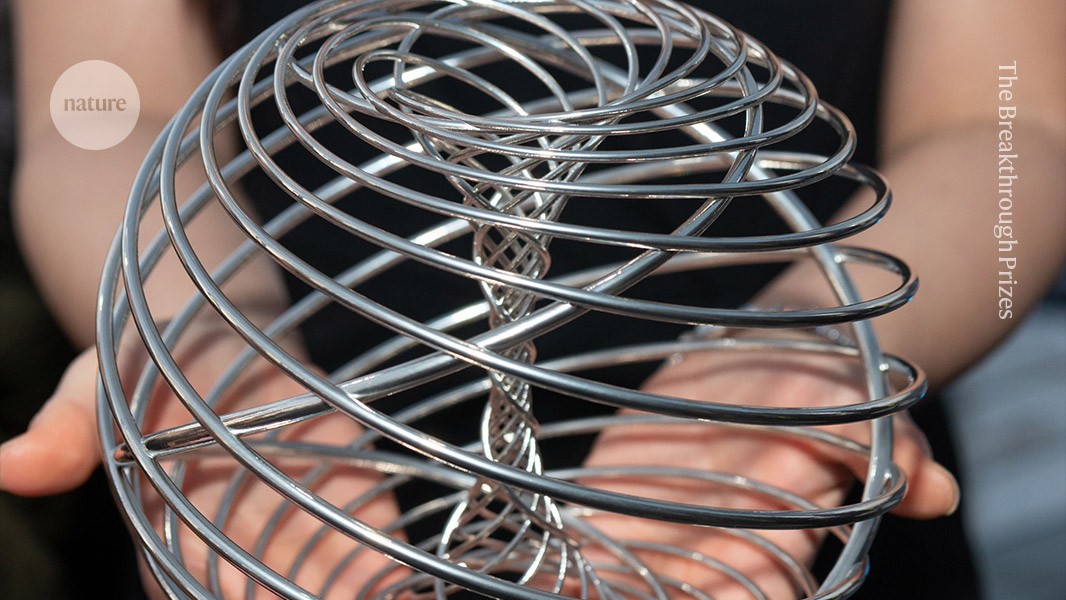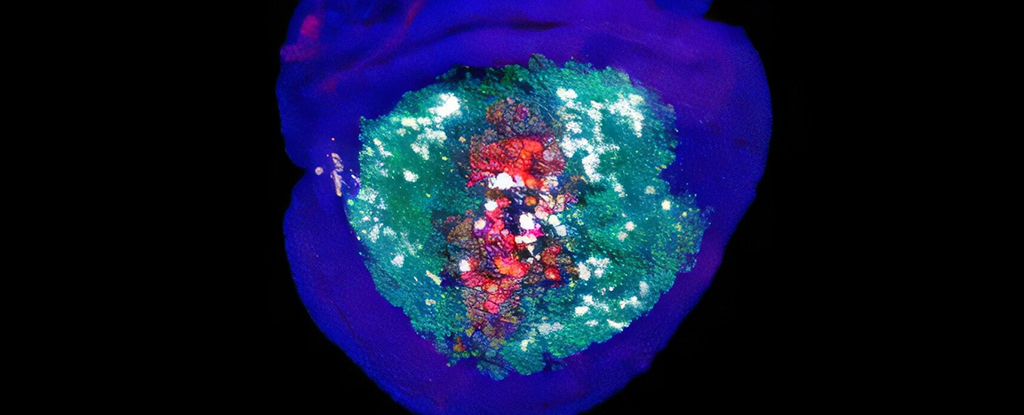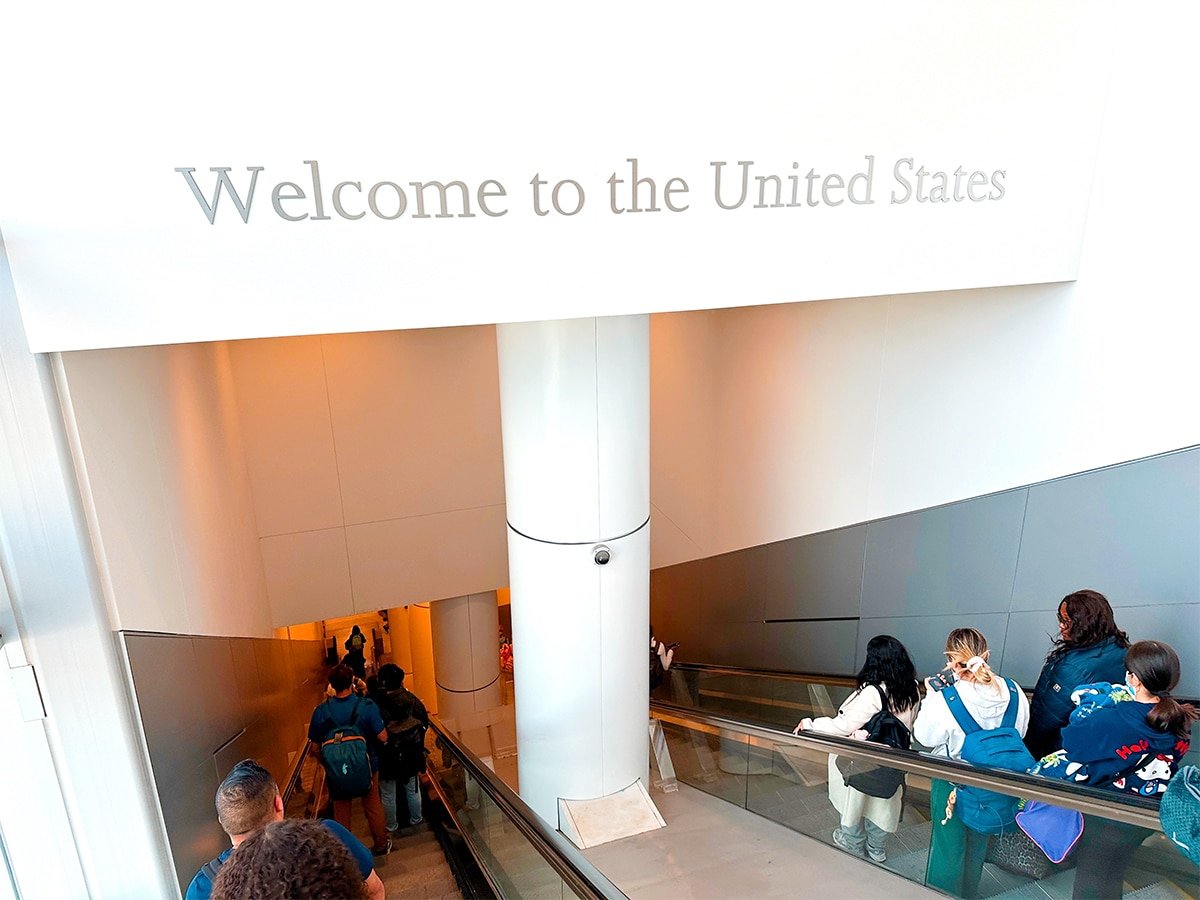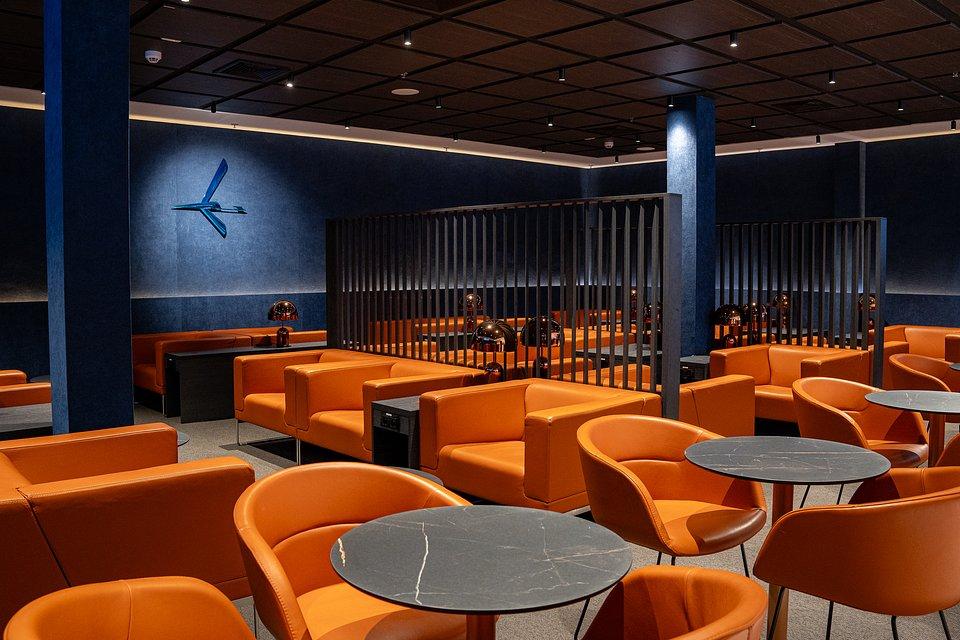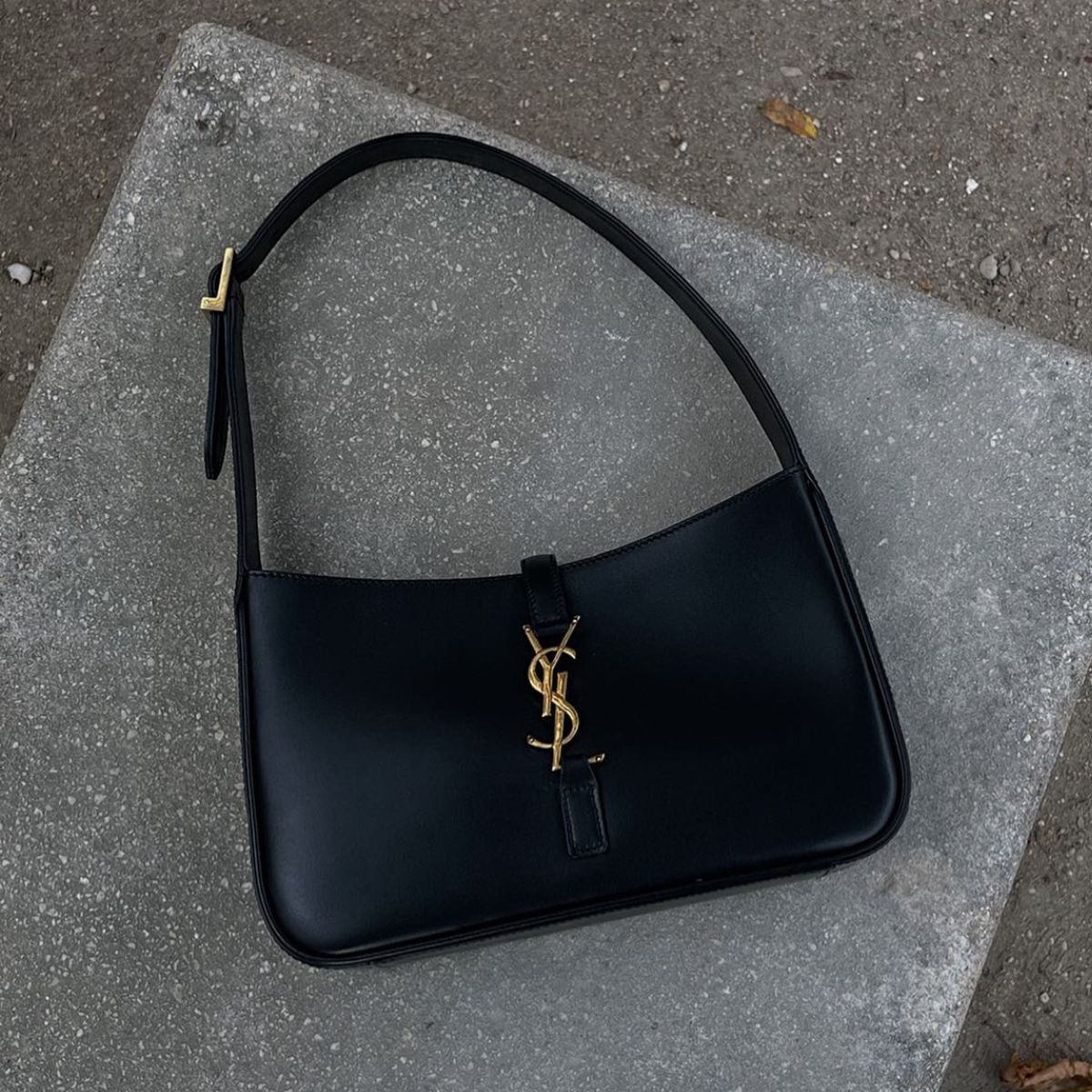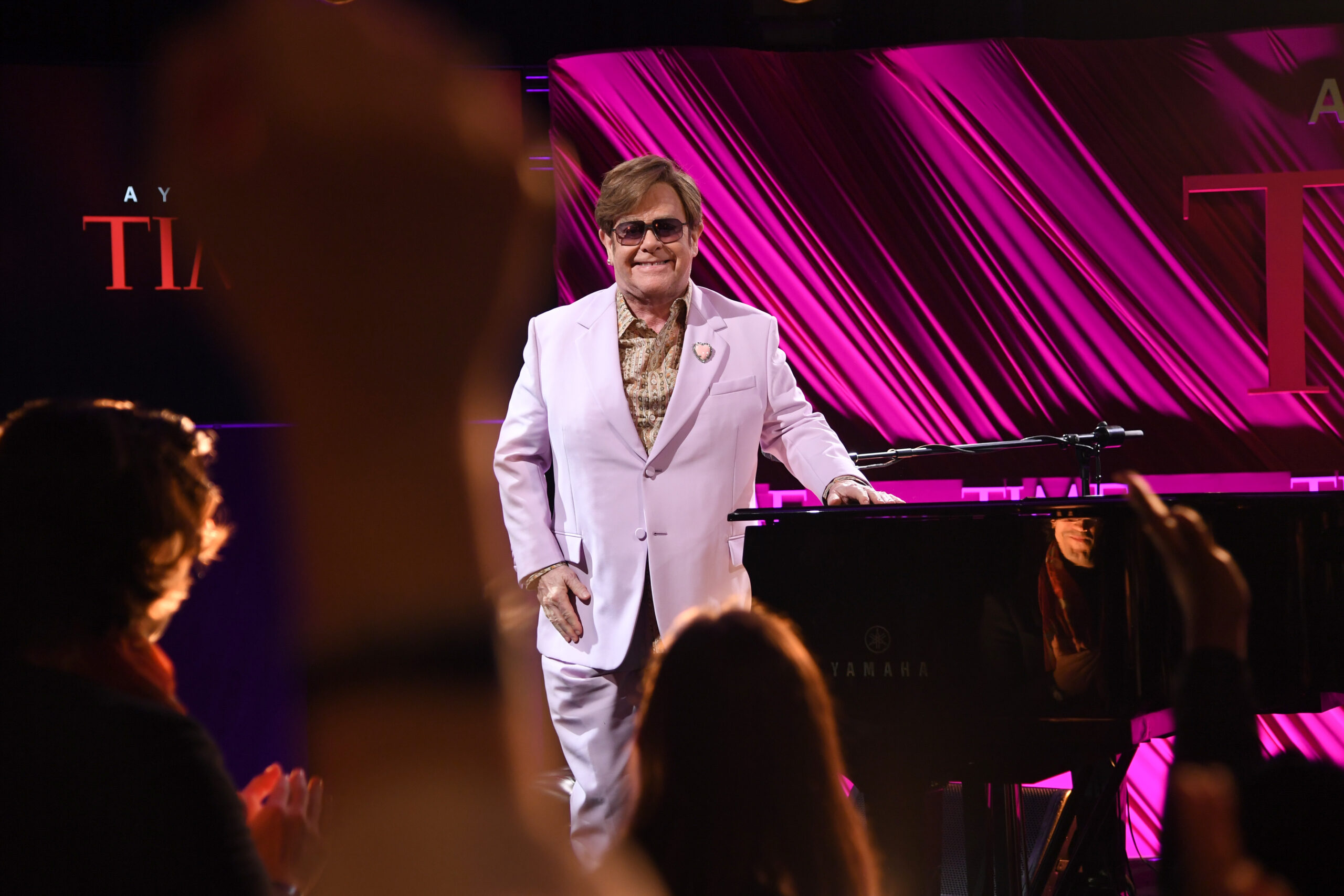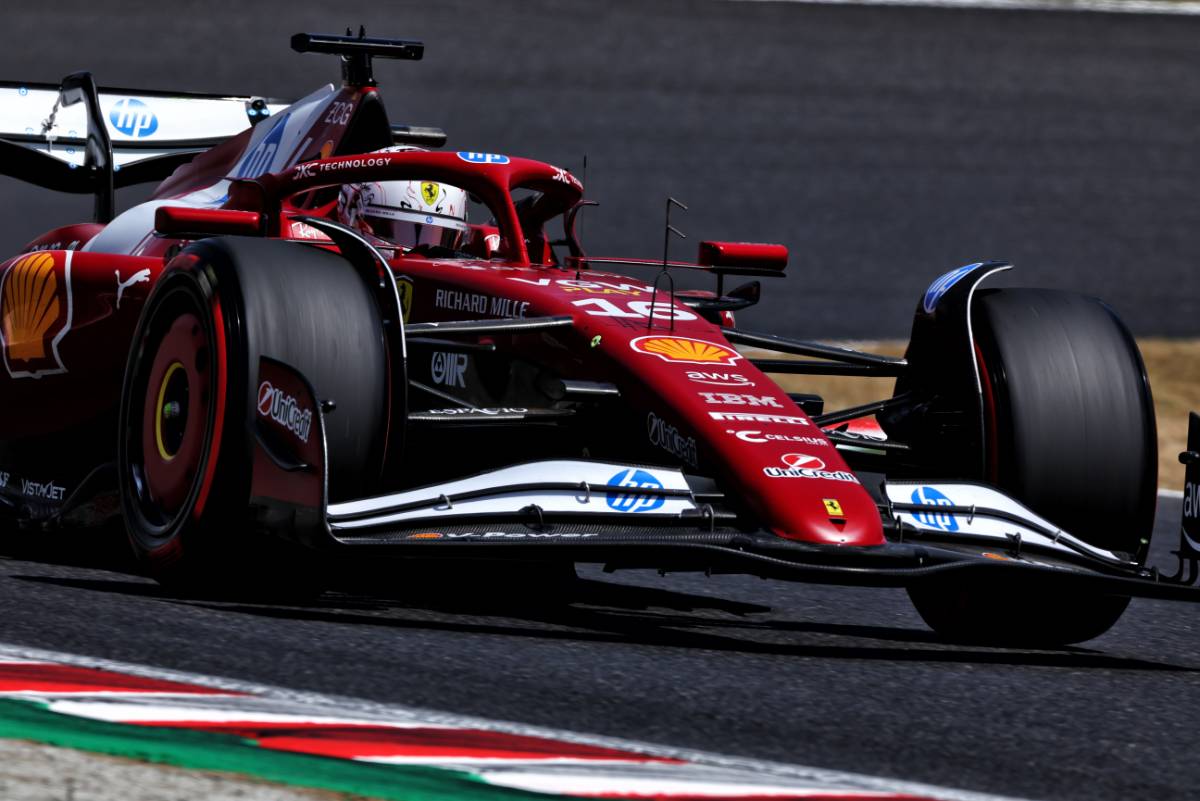FIA to meet with F1 manufacturers in Bahrain to discuss V10 future
The FIA is reportedly set to convene with Formula 1’s engine manufacturers next week in Bahrain for a... The post FIA to meet with F1 manufacturers in Bahrain to discuss V10 future appeared first on F1i.com.
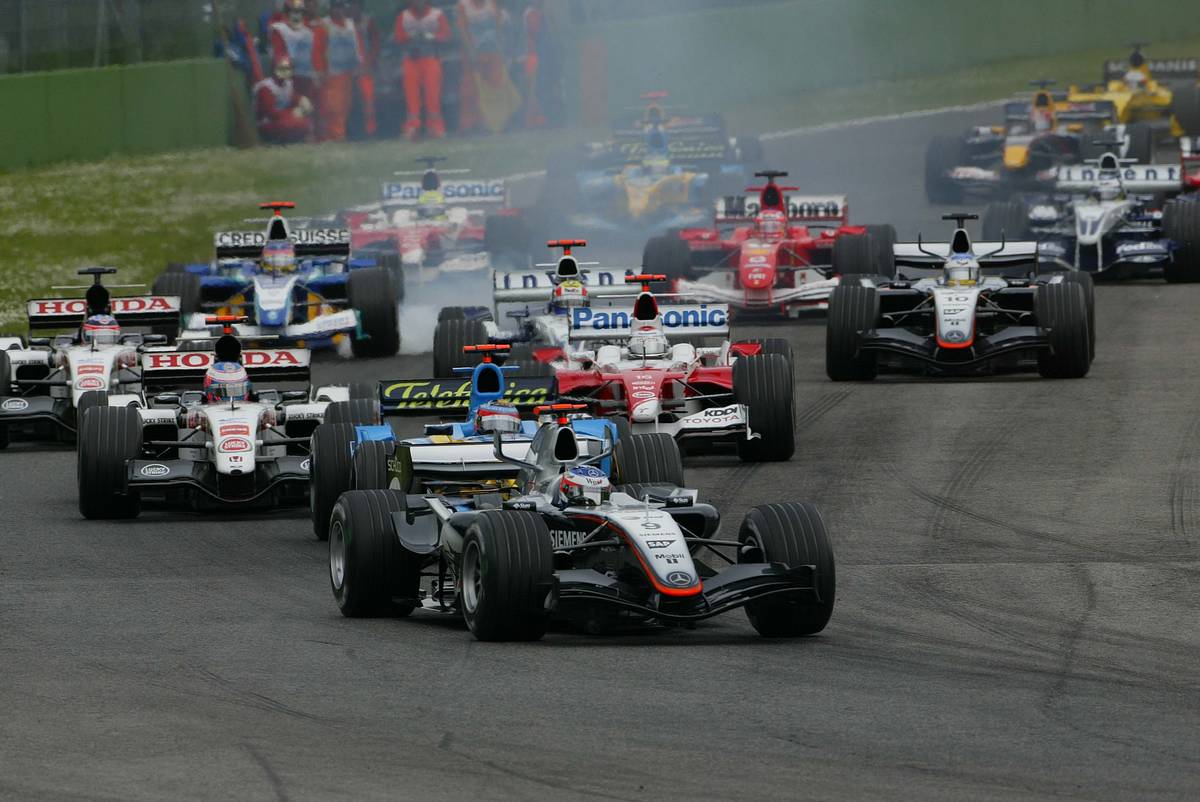
The FIA is reportedly set to convene with Formula 1’s engine manufacturers next week in Bahrain for a discussion that could herald the return of the naturally aspirated V10 engine.
According to a report by Motorsport.com, the meeting will take place next Friday and will serve as an initial pulse check among the sport’s manufacturers.
With FIA President Mohammed Ben Sulayem publicly hinting at a possible V10 revival powered by sustainable fuels, and FIA single-seater director Nikolas Tombazis confirming the concept is under serious consideration, the idea is no longer confined to the fringes of F1’s future vision.
But as the paddock buzzes with speculation, not all stakeholders are ready to abandon the hybrid revolution they’ve poured millions into perfecting.
Nostalgia Meets Modern Ambition
While F1’s return to the famously loud and high-revving V10 engines that powered the grid over25 years ago may appear at odds with global automotive trends, advocates of the move believe it could offer Grand Prix racing the best of both worlds.
Under the proposal being considered, V10 engines would run exclusively on 100% sustainable fuel, positioning F1 as a leader in the push toward net-zero carbon emissions — without sacrificing the visceral, emotive element that has faded in the hybrid era.
The current generation of power units, introduced in 2014, ushered in a wave of electrification. The upcoming 2026 engine formula was expected to lean even further into hybrid technology, with increased electric deployment and simplified components.
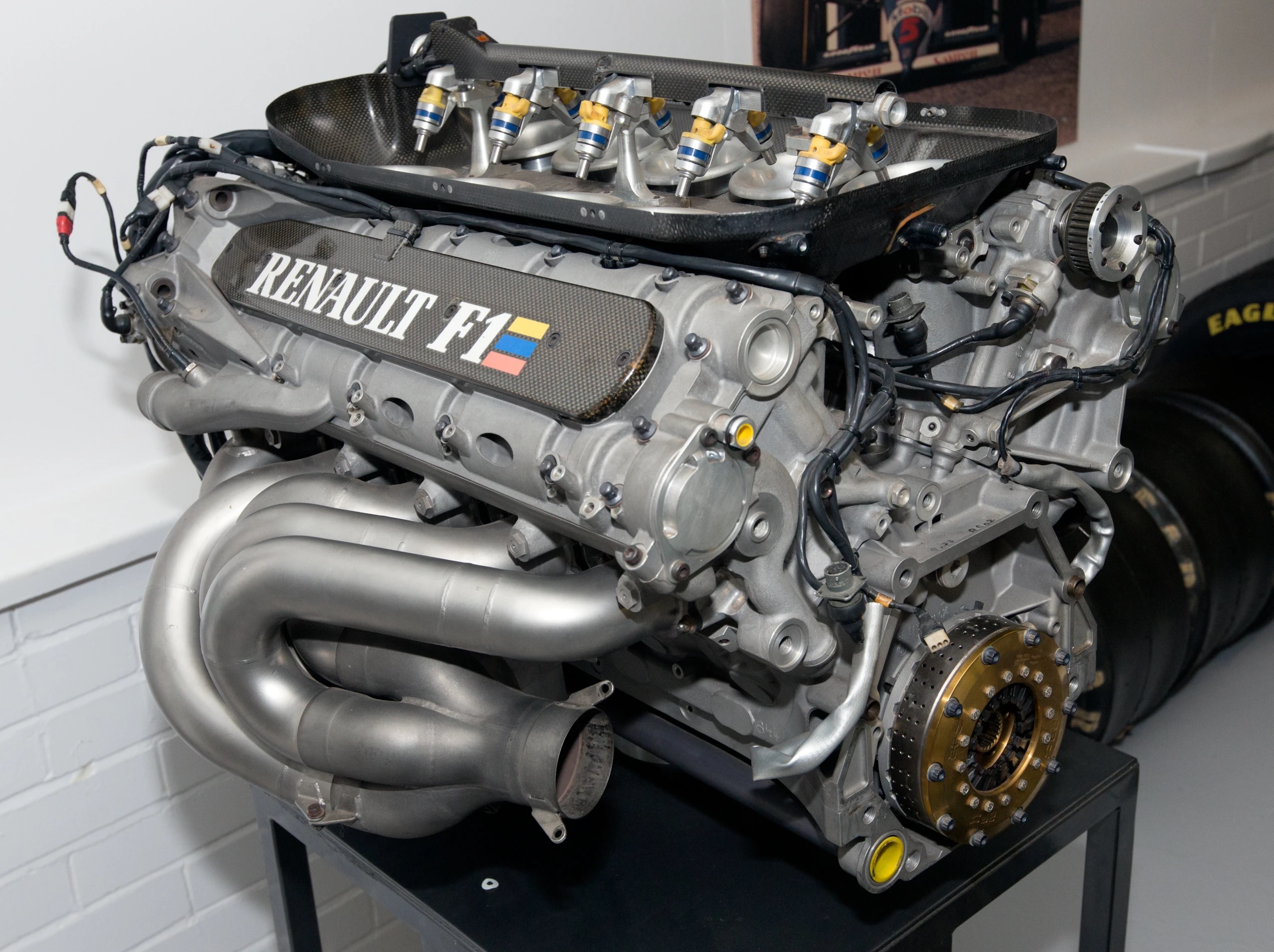
However, recent shifts in the broader automotive industry — where confidence in full electrification has waned due to infrastructure limitations and consumer hesitancy — have prompted a reevaluation of priorities.
A naturally aspirated V10 running on sustainable fuels could slash production costs compared to the current V6 hybrid power units, which split their reliance between combustion and electric technology.
With the automotive industry increasingly betting on synthetic fuels over full electrification, the FIA sees an opportunity to align F1 with this shift while reviving a fan-favorite formula.
Imagine the scene: a grid of 20 cars howling through Eau Rouge, their V10s belching sustainable exhaust, blending cutting-edge green tech with the raw emotion of yesteryear.
Hybrid Holdouts: Audi and Honda Push Back
Not everyone is sold on this retro-futurist vision. Audi, poised to enter F1 as a works team in 2026, has staked its reputation on the next-generation hybrid regulations.
The German manufacturer’s commitment to the sport hinged on a power unit with a strong electric component – a nod to its road-car strategy and the broader push for electrification in the early 2020s.
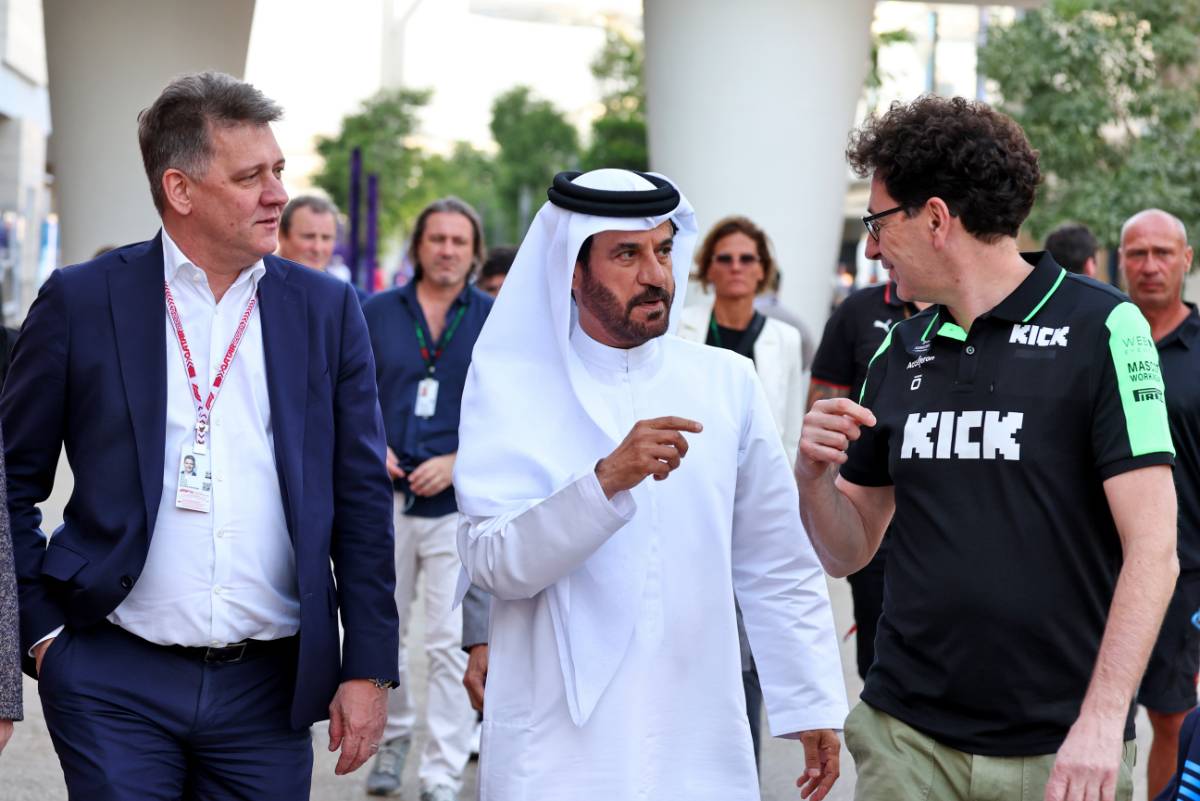
For Audi, abandoning the V6 hybrid for a V10 – especially so late in the day – would feel like a betrayal of the technological narrative that lured them to F1 in the first place.
Sources suggest the company will arrive in Bahrain with a clear message: they’re not here to rewind the clock.
Honda, too, has reason to resist. The Japanese giant’s return to F1 as a works partner to Aston Martin was catalyzed by the 2026 rules, which promised a balance of hybrid efficiency and performance.
Having walked away from the sport in 2021 only to re-enter with renewed purpose, Honda is unlikely to welcome a pivot that would undo years of R&D.
While the manufacturer has remained tight-lipped on the V10 proposal, its silence speaks volumes –any shift away from the hybrid path could strain its fragile reconciliation with F1.
The Timeline Debate: 2028 or 2031?
The Bahrain meeting won’t just test manufacturer appetites; it’ll also wrestle with the question of when this change could happen.
Initial chatter about extending the current V6 hybrid rules by two years, targeting a V10 return in 2028, has been largely dismissed as impractical. Engine manufacturers have already sunk significant resources into the 2026 power units, and a mid-cycle switch would disrupt their plans.
Instead, 2031 emerges as the more plausible horizon – a date that allows the hybrid era – including its next-generation component – to run its course while giving teams and suppliers time to adapt.
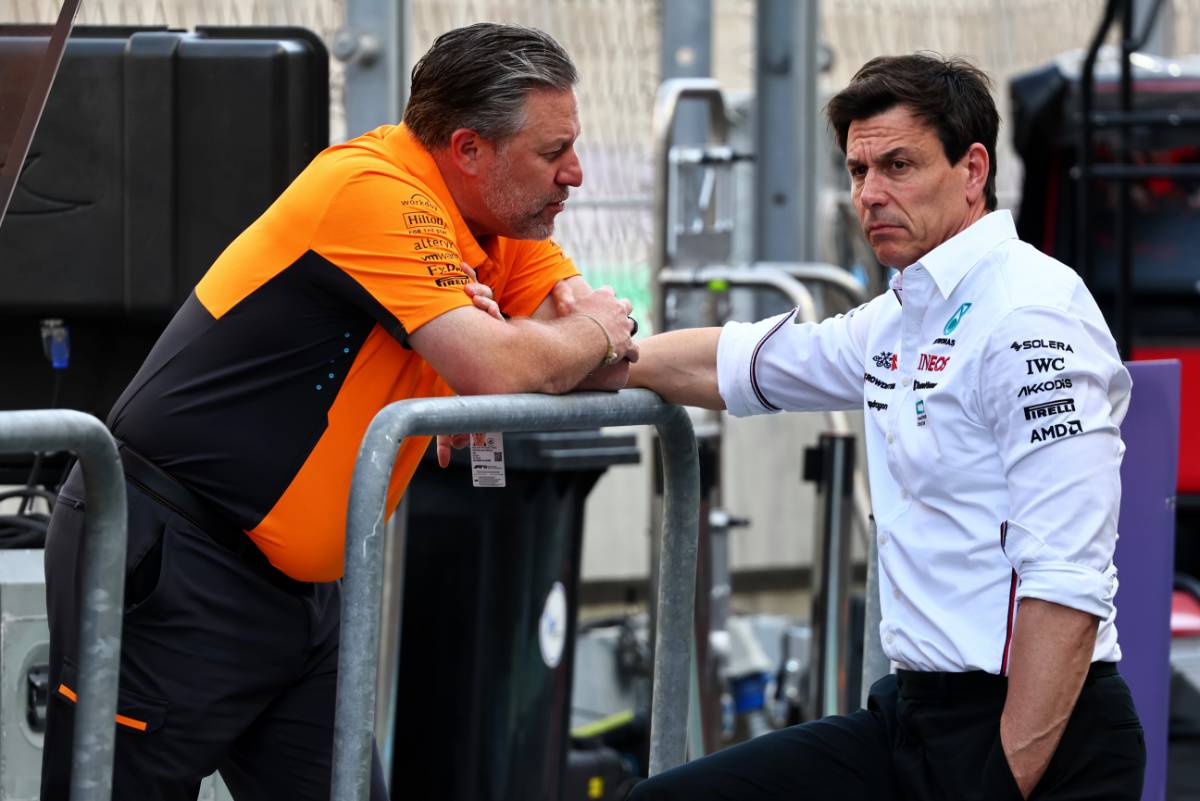
However, FIA single-seater director Nikolas Tombazis has said that shortening the 2026 hybrid cycle to three years, and introducing its V10 successor in 2028, is an option that is not off the table.
“I think the right way around to go about it is: do we want three or four years later to go to a different type of power unit? That's question number one. That looks after the long term for the sport,” Tombazis said.
“If the answer to that is yes, then there's question number two – what we do in the intervening period. That is definitely a secondary question compared to the primary one.”
As the FIA prepares to face the manufacturers in Bahrain, the stakes couldn’t be higher.
A return to V10s promises a sensory spectacle—louder, simpler, and cheaper than today’s complex hybrids—while aligning with the industry’s sustainable fuel revolution. For fans, it’s a chance to reclaim the soul of a sport that’s sometimes felt sanitized by its high-tech evolution.
But for Audi, Honda, and others wedded to the hybrid dream, it’s a potential derailment of years of planning.
Next week’s meeting won’t deliver a final verdict, but it will reveal how deep the divide runs. Will Formula 1 roar back to its roots, or will the hybrid pioneers hold firm?
In the desert heat of Bahrain, the future of the sport’s soundtrack – and its soul – hangs in the balance.
Keep up to date with all the F1 news via X and Facebook
The post FIA to meet with F1 manufacturers in Bahrain to discuss V10 future appeared first on F1i.com.





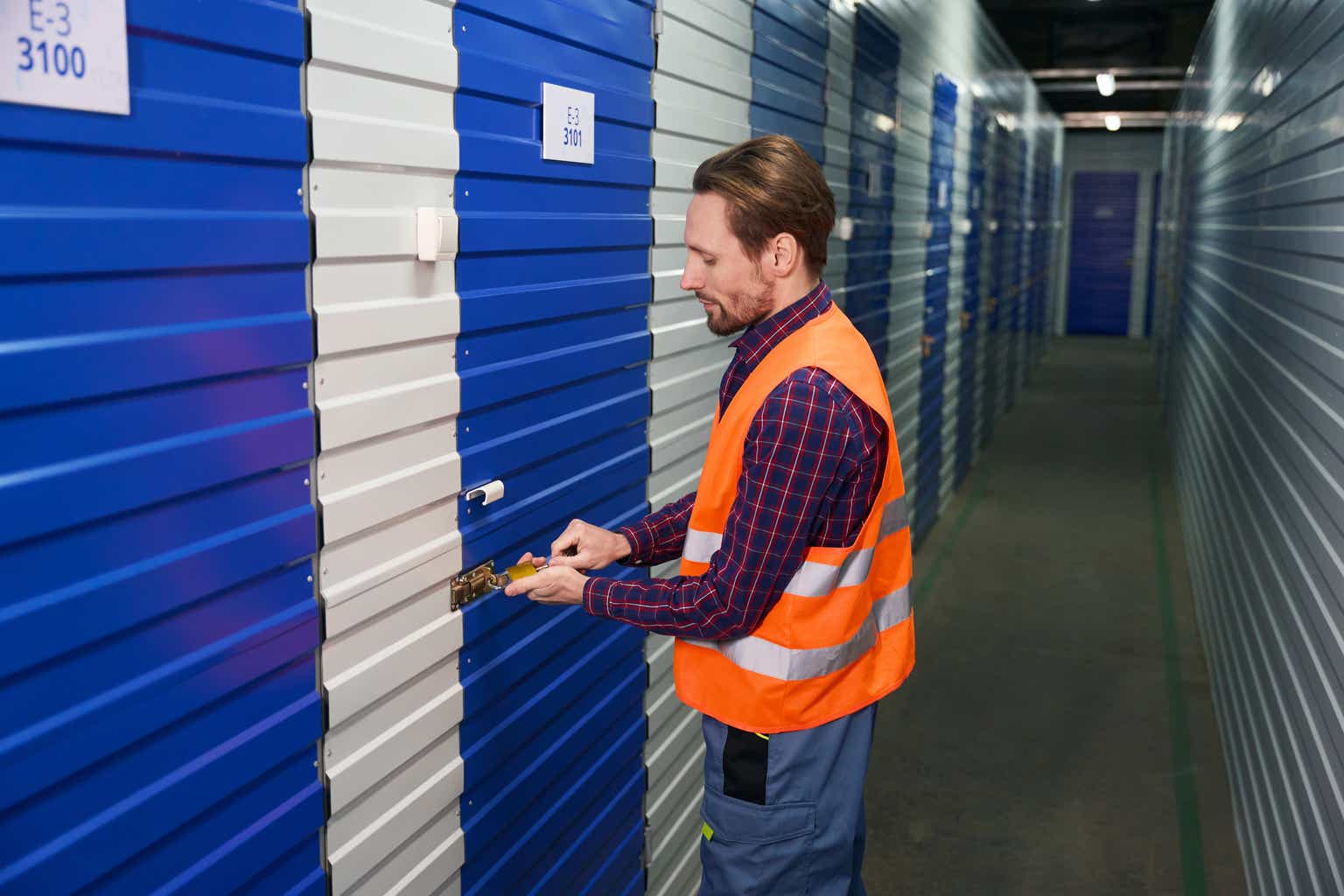







![MV vs MVVM in SwiftUI (2025): Which Architecture Should You Use? [Video]](https://media2.dev.to/dynamic/image/width%3D1000,height%3D500,fit%3Dcover,gravity%3Dauto,format%3Dauto/https:%2F%2Fdev-to-uploads.s3.amazonaws.com%2Fuploads%2Farticles%2F4xwiio2w16uru4xww4b1.png)
